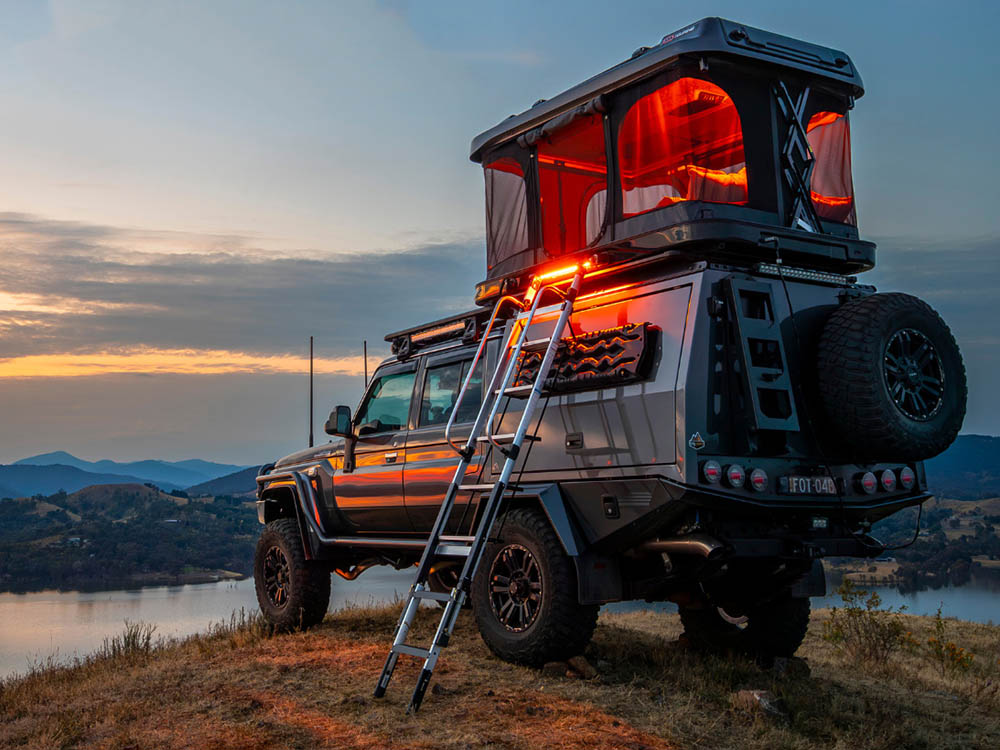Andreas Gneist, the founder of Motorcycle Offsetters, used to work in the financial City of London, UK, spending all of his limited free time to ride and travel in North Africa, Europe, Australia, and the U.S. Fed up with the predictability of corporate life, he quit – and moved to British Columbia, Canada in 2018. It was here that the idea of Motorcycle Offsetters was born.
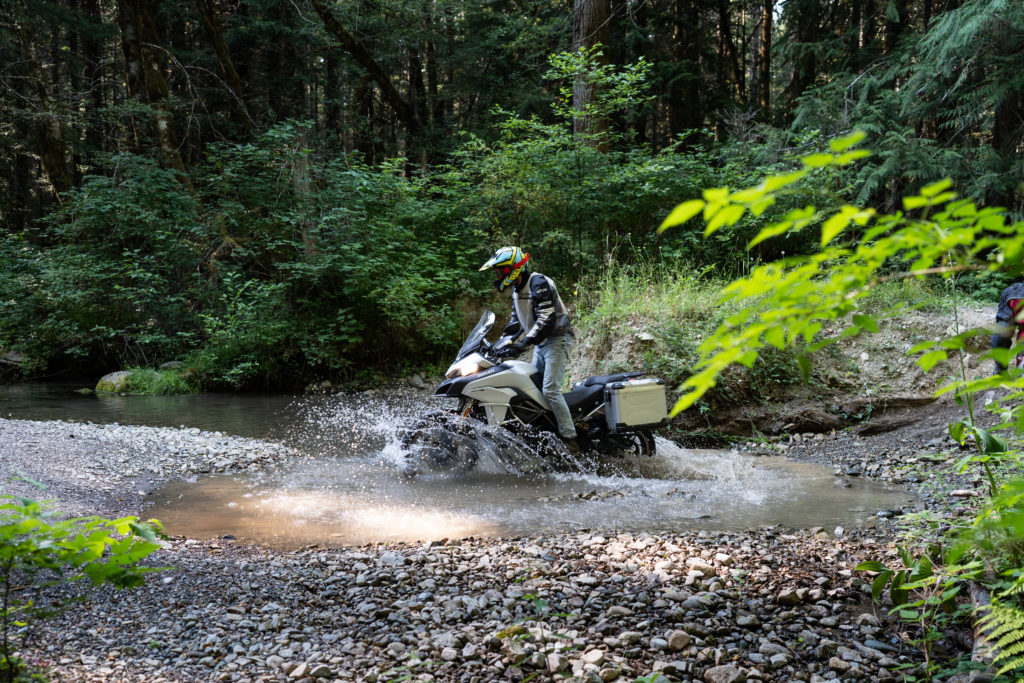
Photo by Greg Samborski
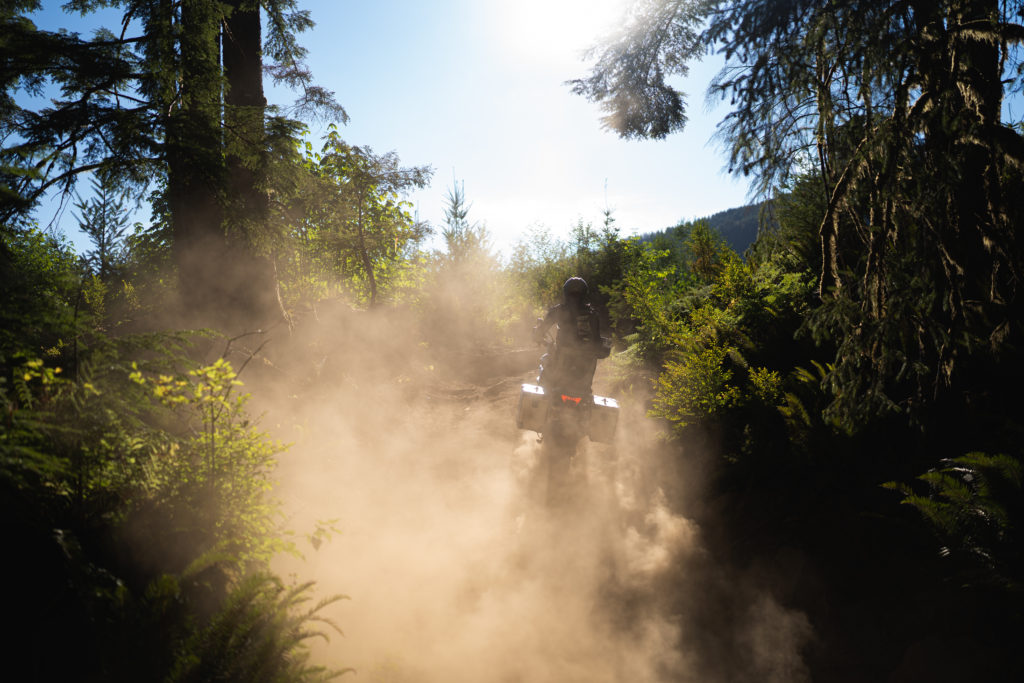
Photo by Greg Samborski
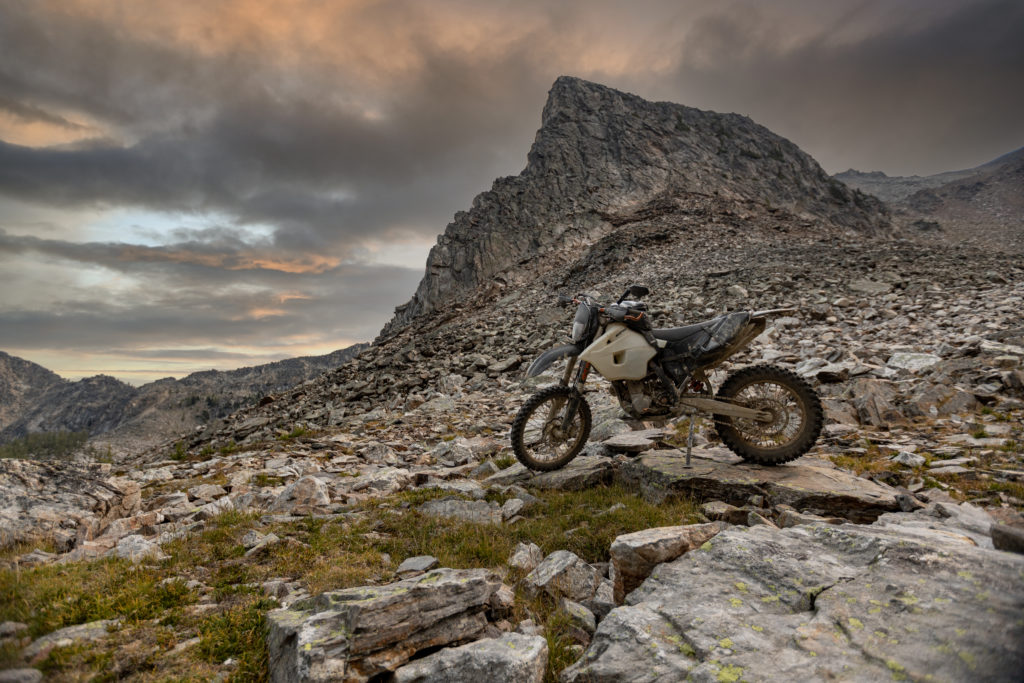
Photo by Greg Samborski
Riding on his first overland trip in B.C., he came in close proximity to the devasting 2018 wildfires which shook the province that summer. Andreas remembers, “witnessing firsthand the destruction of landscapes caused by devasting fires shocked me. I wondered whether I would ever be able to ‘reconcile’ my love for the outdoors with the joys of riding a combustion engine motorcycle which emits CO2 into the atmosphere, contributing to the adverse effects of climate change.”
READ MORE: How-to: Go From Pavement to Dirt on an Adventure Moto
To neutralize his annual motorcycle emissions, he funded CO2 reduction activities by purchasing carbon offsets. A carbon offset is a way to compensate for emissions by funding an equivalent CO2 reduction (or saving) elsewhere. It was surprisingly inexpensive. And speaking to other riders around the world at that time, Andreas found that he wasn’t the only one concerned about climate’s impact on natural landscapes.
Putting both together, Motorcycle Offsetters was created to provide adventure riders and motorcycle communities with a solution to offset their carbon footprint and help the fight against the impact of climate change. The company took it one step further: Rather than neutralizing a motorcycle’s annual emissions by taking an equal amount of CO2 out of the atmosphere, riders have to take down at least ten percent more carbon dioxide than they emit. This is known as carbon-negative riding. Andreas compares this to “campers not leaving their trash back in the forest, and also picking up somebody else’s leftovers along the way.”
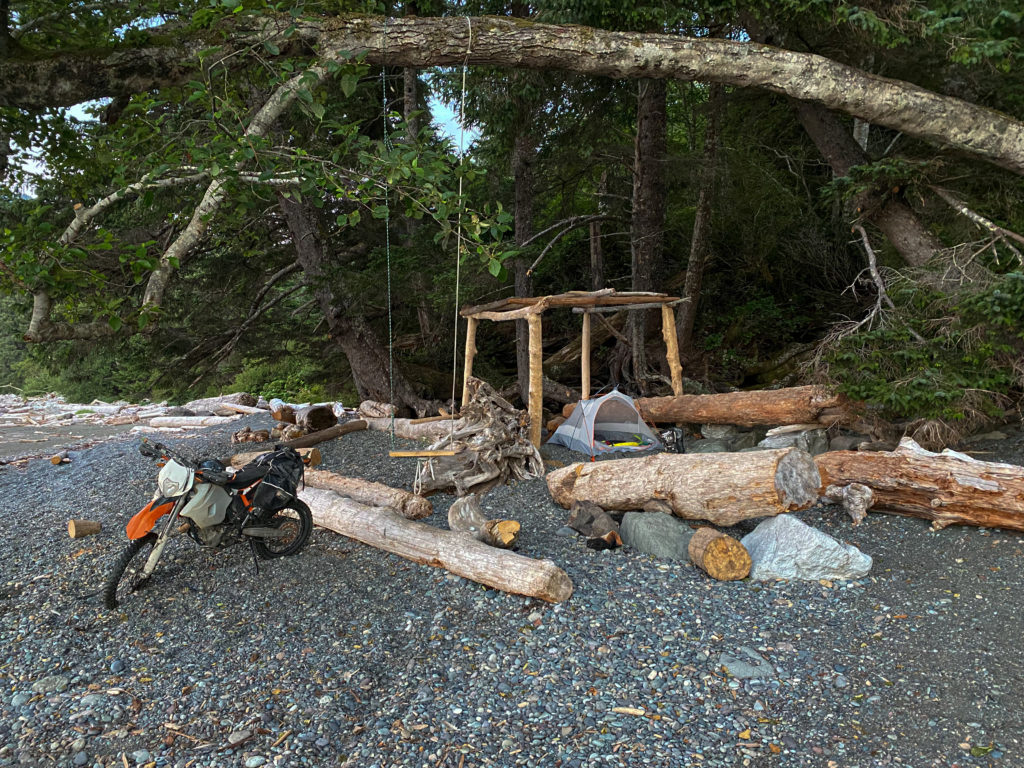
Photo by Greg Samborski
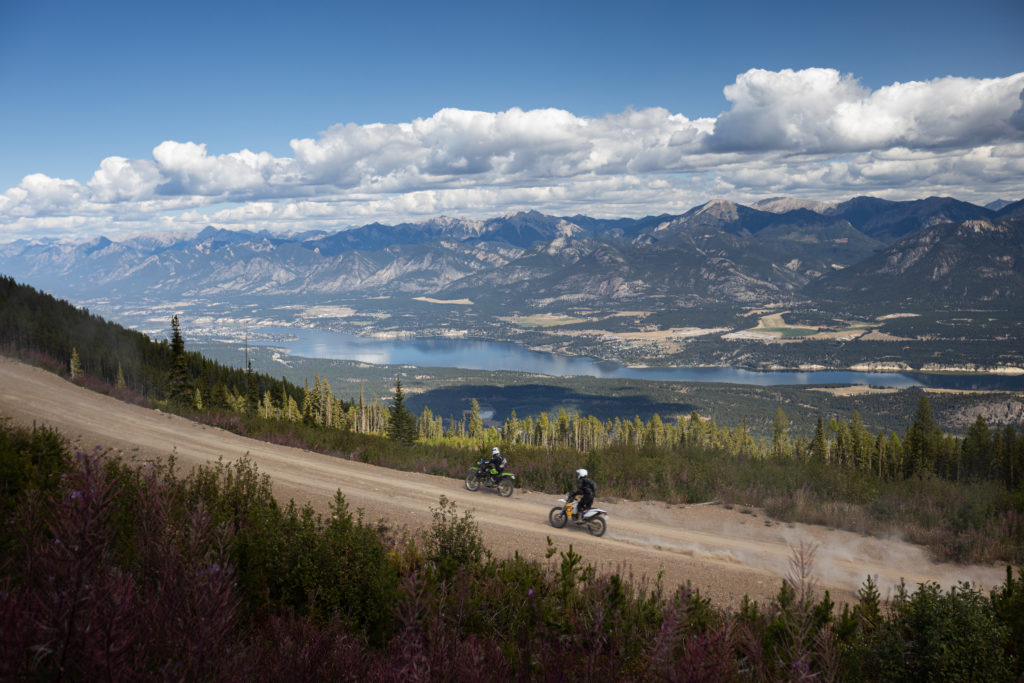
Photo by Greg Samborski
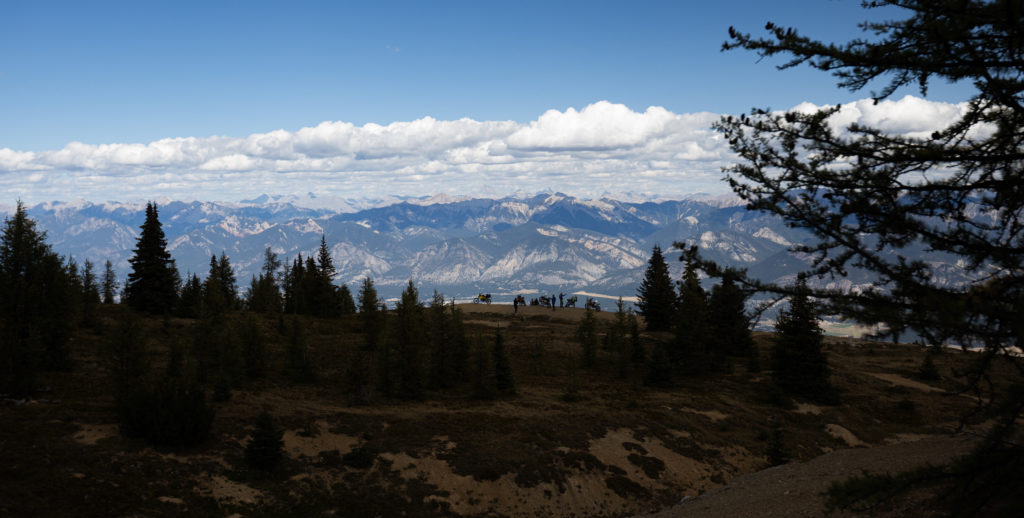
Photo by Greg Samborski
“For the average cost of a pizza and a beer to offset one’s annual emissions, riding a bike can make a difference,” says Andreas. Carbon offsets for motorcycles are flexible and can be applied to individual bikes, group rides, events, and companies. As it is fuel consumption, but not the vehicle type, which is the basis for calculating a carbon footprint, the company’s carbon offsets are available to four-wheeled vehicles, too.
Motorcycle Offsetters started to pioneer a more sustainable way to ride. Says a recent customer, “I love the big adventure bikes I ride today. Whilst we are waiting for new and cleaner versions to come to market, we want to take action right now.”
The company is uniquely geared toward the riding community, currently building a network of partnerships with companies that provide discounts on purchases for “carbon-negative riders.”
But how can it be ensured that money actually reaches the carbon reduction projects? Transparency is of utmost importance. Funds are being allocated appropriately to a custom portfolio of projects which reduce greenhouse gases in the atmosphere. All credits from the portfolio are audited and verified by independent third parties and registered with the Canadian Standards Association.
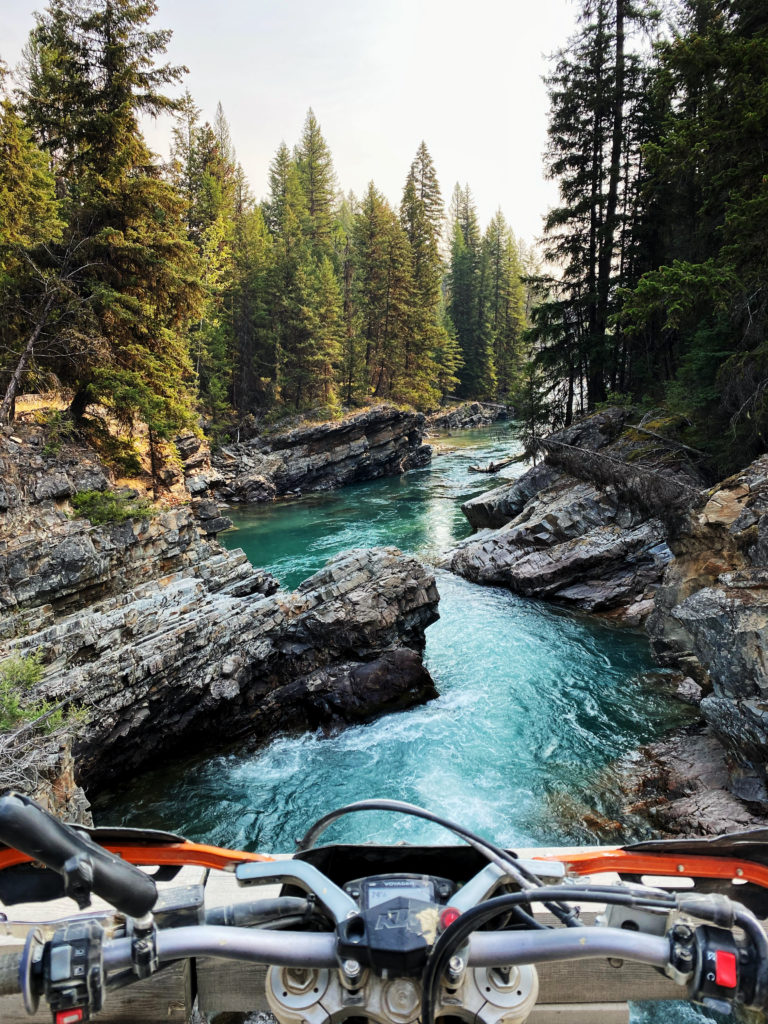
Photo by Greg Samborski
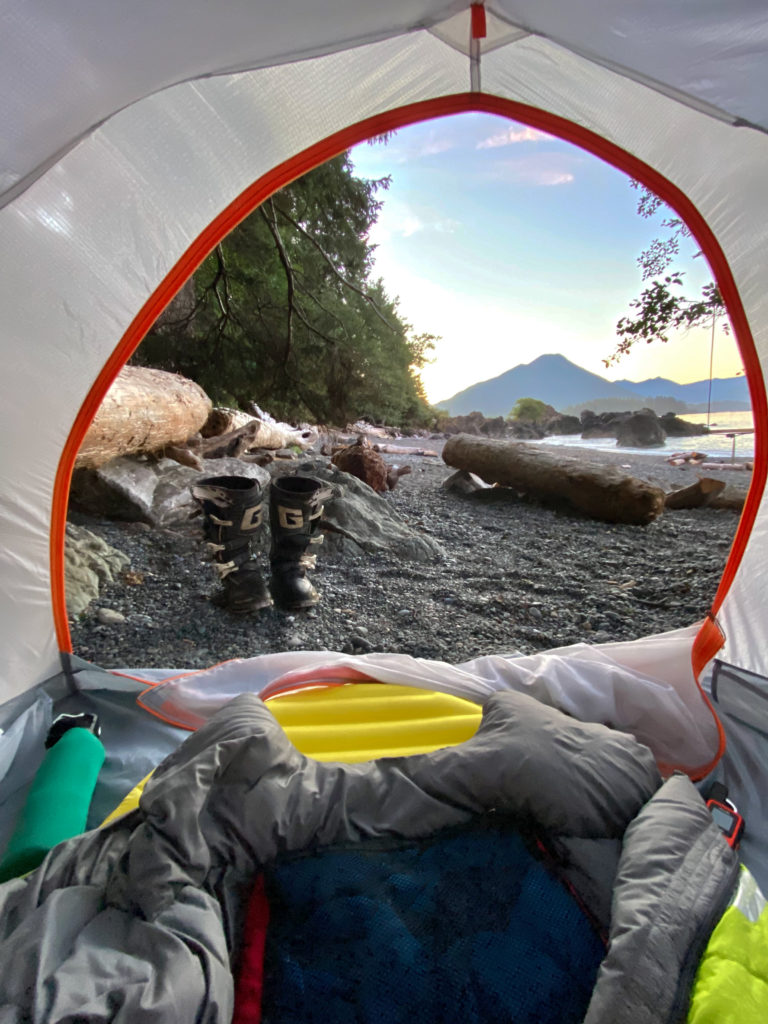
Photo by Greg Samborski
Motorcycle Offsetter’s current projects:
- The Newfoundland Climate and Ecosystems Conservancy Project is a greenhouse gas mitigation initiative through engineered wetland systems for wastewater treatment. The project treats wastewater and sludge in a manner which eliminates the environmental impacts of discharging raw wastewater into watercourses and sea. The implemented solution requires much less energy and produces fewer greenhouse gases (GHG), methane in particular, than typical systems.
- The Niagara Escarpment Forest Carbon Project promotes and maintains forest cover, ecosystem function, protection of rare species, biodiversity, and geological features in their natural condition along the Niagara escarpment.
- The Afognak Forest Carbon Project (Alaska) is the result of more than a decade of efforts to permanently preserve a truly special ecosystem. Along the island’s coast are 200-year-old trees, river otters, beavers, martens, and ermines, with sea lions and harbour seals diving in the coastal waters in search of humpback whales. The old-growth trees sequester millions of tonnes of carbon dioxide, making this pristine ecosystem increasingly beneficial for the environment.
Disclaimer: This paid story was produced in partnership with Motorcycle Offsetters
